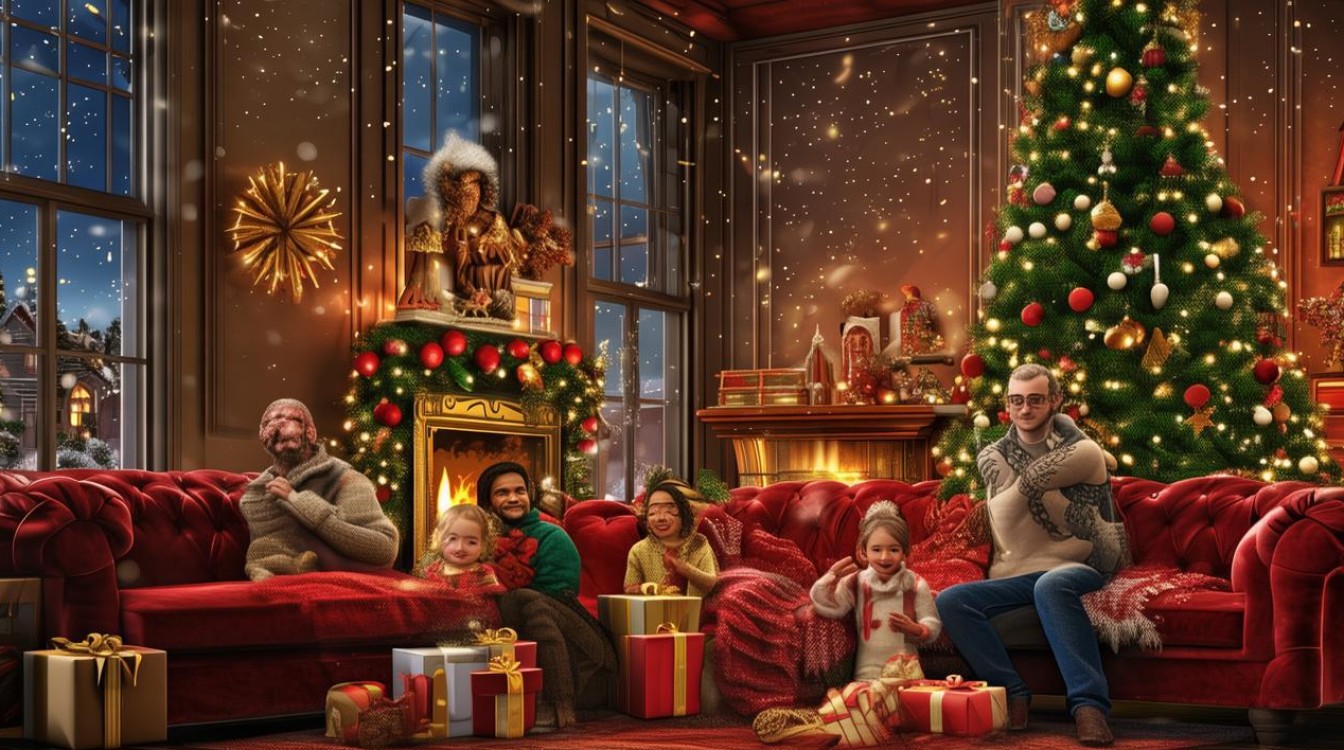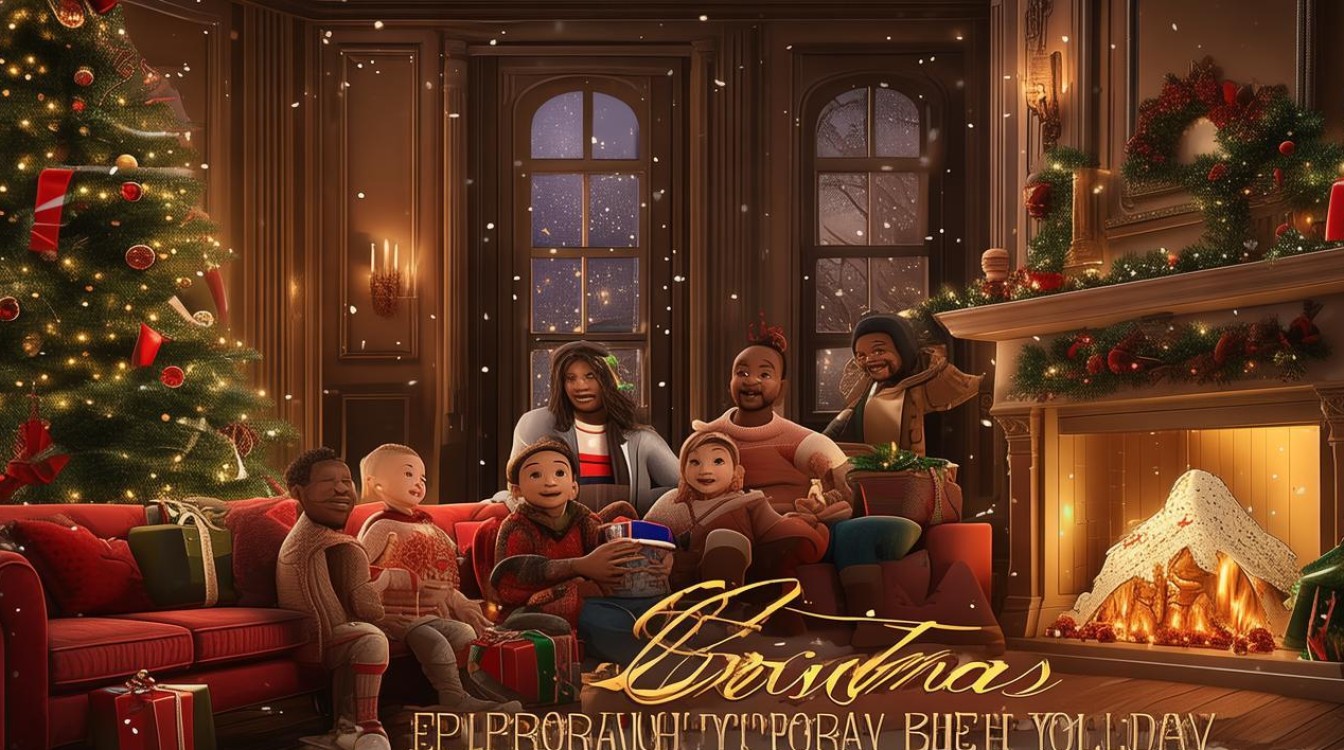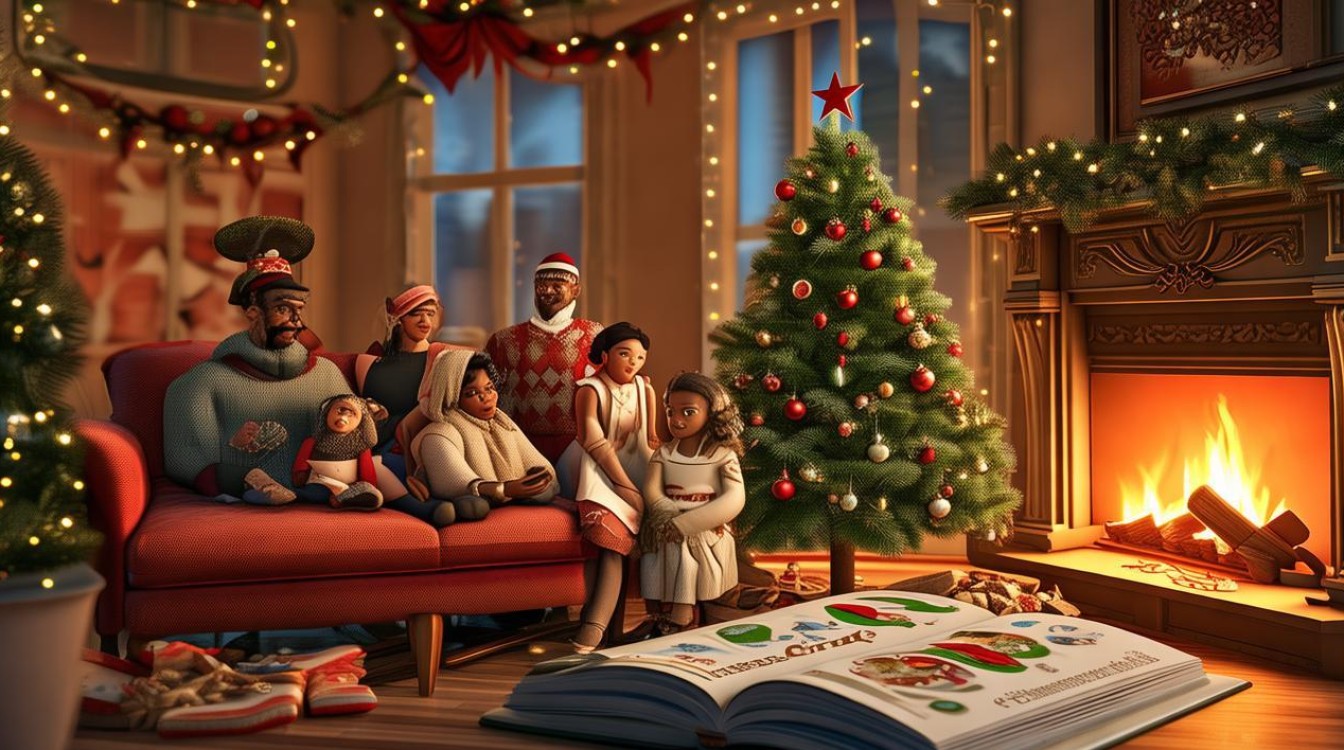The festive season brings warmth, joy, and a rich tapestry of words that capture the spirit of Christmas. Understanding these terms enhances appreciation for the holiday’s traditions, history, and global celebrations. Below is a detailed exploration of essential English vocabulary related to Christmas, from religious origins to modern customs.

Core Christmas Terminology
Christmas
Derived from the Old English Cristes mæsse (Christ’s Mass), the word refers to the Christian celebration of Jesus Christ’s birth. Over time, it has evolved into a cultural holiday celebrated worldwide, regardless of religious affiliation.
Nativity
This term signifies the birth of Jesus, often depicted in nativity scenes (crèches) featuring figures like Mary, Joseph, the Three Wise Men, and animals in a stable.
Advent
Originating from Latin adventus (arrival), Advent marks the four-week period before Christmas. Many observe it with Advent calendars, wreaths, and candles counting down to December 25.
Yuletide
A poetic synonym for the Christmas season, rooted in pre-Christian Germanic winter festivals (Yule). Today, it evokes nostalgia and traditional imagery like log fires and caroling.
Religious and Cultural Terms
Epiphany
Celebrated on January 6, this day commemorates the visit of the Magi to the infant Jesus. In some cultures, it marks the end of the Christmas season.
Carols
Traditional songs associated with Christmas, such as Silent Night and Joy to the World. Caroling involves groups singing door-to-door, a custom dating back to medieval Europe.
Manger
A feeding trough for animals, symbolizing Jesus’ humble birth setting. The phrase “no room at the inn” references the manger’s role in the Nativity story.
Frankincense & Myrrh
Two of the three gifts brought by the Wise Men (alongside gold). These aromatic resins were historically valuable for religious rituals and medicine.

Festive Symbols and Decorations
Christmas Tree
An evergreen tree (often fir or pine) decorated with lights, ornaments, and a star or angel atop. The tradition traces back to 16th-century Germany.
Tinsel
Thin, glittering strips hung on trees for added sparkle. Originally made from real silver, modern tinsel is typically plastic.
Wreath
A circular arrangement of foliage (e.g., holly, pine) symbolizing eternal life. Advent wreaths hold candles lit weekly during December.
Mistletoe
A plant hung in doorways, under which people traditionally kiss. This custom stems from Norse mythology and Victorian-era romance.
Seasonal Characters and Folklore
Santa Claus
The jolly gift-bringer, known as Saint Nicholas in Dutch (Sinterklaas), evolved from a 4th-century bishop. His red-suited image was popularized by Coca-Cola ads in the 1930s.
Reindeer
Santa’s flying companions, led by Rudolph (with his glowing red nose). The original eight reindeer were named in Clement Clarke Moore’s 1823 poem A Visit from St. Nicholas.
Elves
Santa’s workshop helpers, inspired by Scandinavian folklore. They’re often depicted crafting toys in the North Pole.
Grinch
A fictional character from Dr. Seuss’s story, representing anti-Christmas sentiment—until his heart grows three sizes.

Holiday Activities and Traditions
Eggnog
A creamy drink made with milk, eggs, sugar, and spirits like rum or brandy. Its origins may link to medieval British posset.
Gingerbread
Spiced cookies or houses, a staple of Christmas baking. The gingerbread man’s popularity surged after the Brothers Grimm’s fairy tales.
Secret Santa
A gift-exchange game where participants draw names to give anonymous presents, fostering workplace or family camaraderie.
Stockings
Hung by the fireplace for small gifts, inspired by the legend of Saint Nicholas tossing gold coins into stockings drying by a fire.
Global Christmas Variations
Feliz Navidad
Spanish for “Merry Christmas,” heard in Latin America and Spain. Many countries blend indigenous and colonial traditions.
Joyeux Noël
The French greeting, reflecting Europe’s rich Christmas markets and réveillon feasts.
Kwanzaa
An African-American holiday (Dec 26–Jan 1) celebrating heritage, sometimes overlapping with Christmas observances.
Boxing Day
Celebrated on December 26 in the UK and Commonwealth nations, historically a day to give gifts to service workers.

Modern and Commercial Terms
Black Friday
The post-Thanksgiving shopping frenzy, now a launchpad for Christmas sales.
Cyber Monday
An online shopping event offering discounts, crucial for last-minute gift buyers.
Xmas
An abbreviation sparking debate—some see it as secular shorthand, while others argue it removes Christ from Christmas.
Ugly Sweater
A playful trend of wearing gaudy, festive knitwear at parties, originating in 1980s North America.
Expressions and Well-Wishes
- “Merry Christmas!” – The classic greeting.
- “Season’s Greetings” – Inclusive phrasing for diverse celebrations.
- “Peace on Earth” – A hopeful sentiment tied to Christmas’s message.
Christmas vocabulary bridges cultures, faiths, and generations. Whether through carols, decorations, or shared meals, these words unite people in warmth and goodwill. The holiday’s linguistic richness ensures its enduring magic—one that transcends borders and kindles joy year after year.

